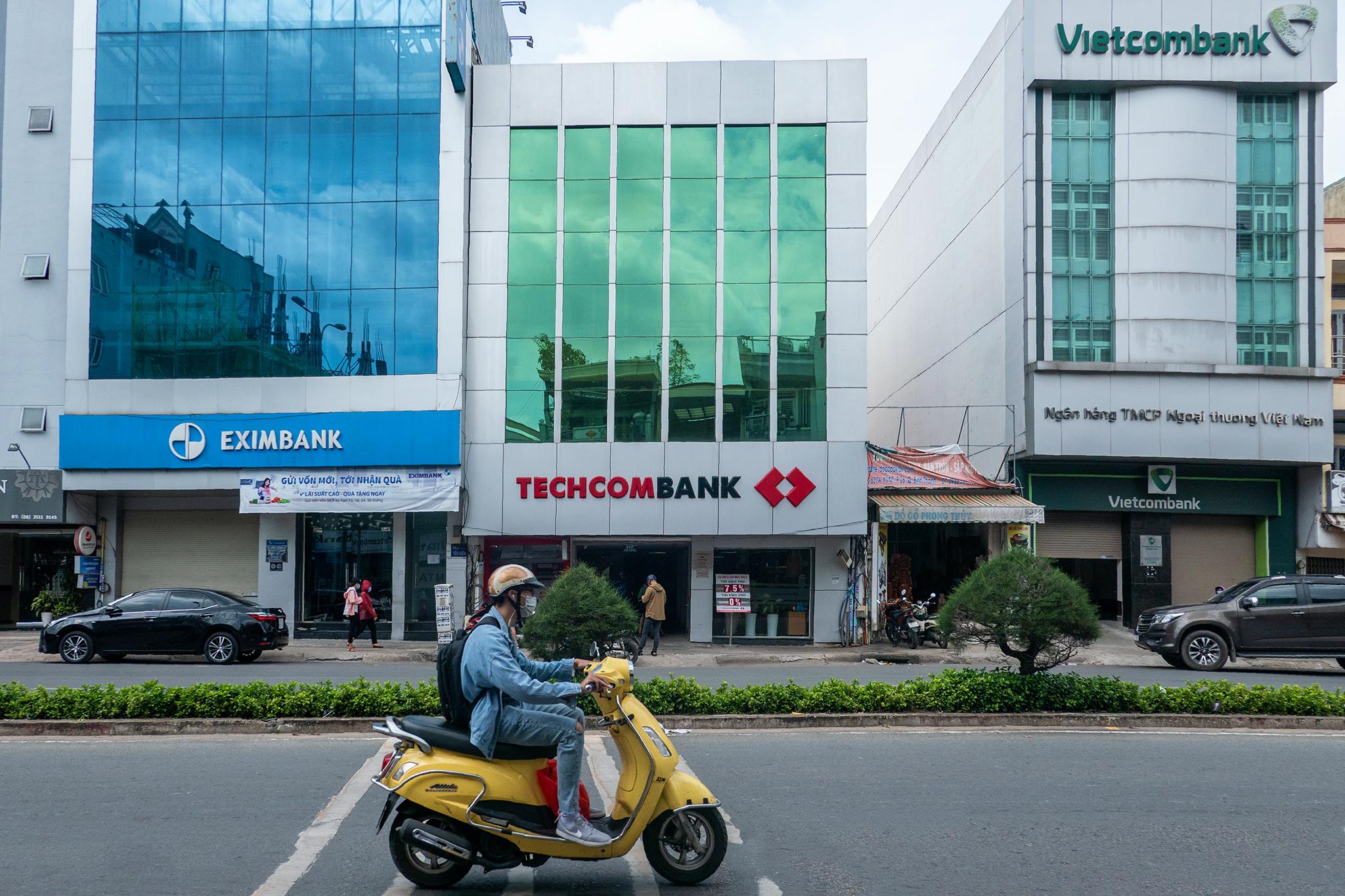Vietnam’s effective economic policies and impressive vaccination rollout hugely contribute to the country’s strategic shift towards living-with-COVID society and to the achievement of a 6% GDP in 2022, according to the International Monetary Fund (IMF) during the 2022 Article IV consultation with Vietnam this month. This year’s forecast is significantly higher than in 2021, when IMF only projected 3.8%.
The consultation was led by the division chief in the IMF's Asia and Pacific Department and mission chief for Vietnam, Era Dabla-Norris from April 4 to 20.
Era’s team in Vietnam reached the forecast after a series of discussions with senior officials of the State Bank of Vietnam (SBV), the Ministry of Finance (MOF), the Ministry of Planning and Investment (MPI), the Central Economic Commission (CEC), the National Assembly, and other government agencies. They also exchanged views with representatives from the private sector, think tanks, academia, and other stakeholders.
The IMF added that inflation is predicted to go up to 3.9% by the year’s end. While the global market is immensely affected because of the conflict between Ukraine and Russia it is only expected to have a moderate impact on the pace of recovery and inflation.
“Despite rising commodity prices, inflation has been contained and is expected to remain below the government’s 4% target, partly reflecting the remaining economic slack,” the mission chief for Vietnam said.
She added that to have Vietnam's economy grow and control inflation at the same time, policy formulation should be quick, and the size and structure of the policy support package should be flexible and adjusted according to the pace of economic recovery.
“Fiscal policy should take the lead in policy support, especially if downside risks materialize as the scope for further monetary easing is limited in light of rising inflation risks,” read the IMF press release.
Meanwhile, Era also suggested that Vietnam’s policy priorities should entrench the recovery, preserve macroeconomic stability, and promote inclusive growth.
“Monetary policy should remain vigilant to rising inflation pressures,” Era said. “If sustained inflation pressures emerge, the SBV should tighten its monetary policy stance and clearly communicate the underlying drivers to help contain inflation.”

According to the IMF’s Asia and Pacific department chief, credit growth policy establishes a reasonable balance between promoting recovery and looking after financial stability.
The IMF report also noted the importance of strengthening banking resilience, which includes addressing emerging risks and building a more resilient system. Era and her team believed that a "macro-prudential framework" can help ensure financial stability. And that to facilitate bad debt resolution, institutional and bankruptcy frameworks should be strengthened.
Per the IMF, Vietnam should not extend regulatory tolerance on loan classification beyond June 2022. It would delay the recognition of problem assets and could exacerbate credit misallocation and excessive risk-taking. As the recovery is firming up, the IMF suggested the country should unwind relaxation of loan classification and provisioning rules.
The team also acknowledged Vietnam’s pledge to reach net-zero emission by 2050. The IMF sees it’s essential to transform the authorities’ ambitious climate adaptation and mitigation plans into action, including better integration with the budget.
Additionally, they believe the revenue mobilization should be enhanced “to finance a permanent strengthening of social security, build resilience to climate change, and address pressures from population aging.”
In conclusion, Vietnam requires more drastic structural reforms and improvements to the business environment and labor quality, said the IMF. Policies should consider the implications for income and wealth inequality, she said, adding that increased inequality has been seen to reduce growth internationally.
"Simultaneously, as we move toward emerging-economy norms, efforts should be made to strengthen governance and close data gaps," Era said.
Vietnam's economy grew by 2.6% last year, well below its pre-pandemic trend of 7%.
